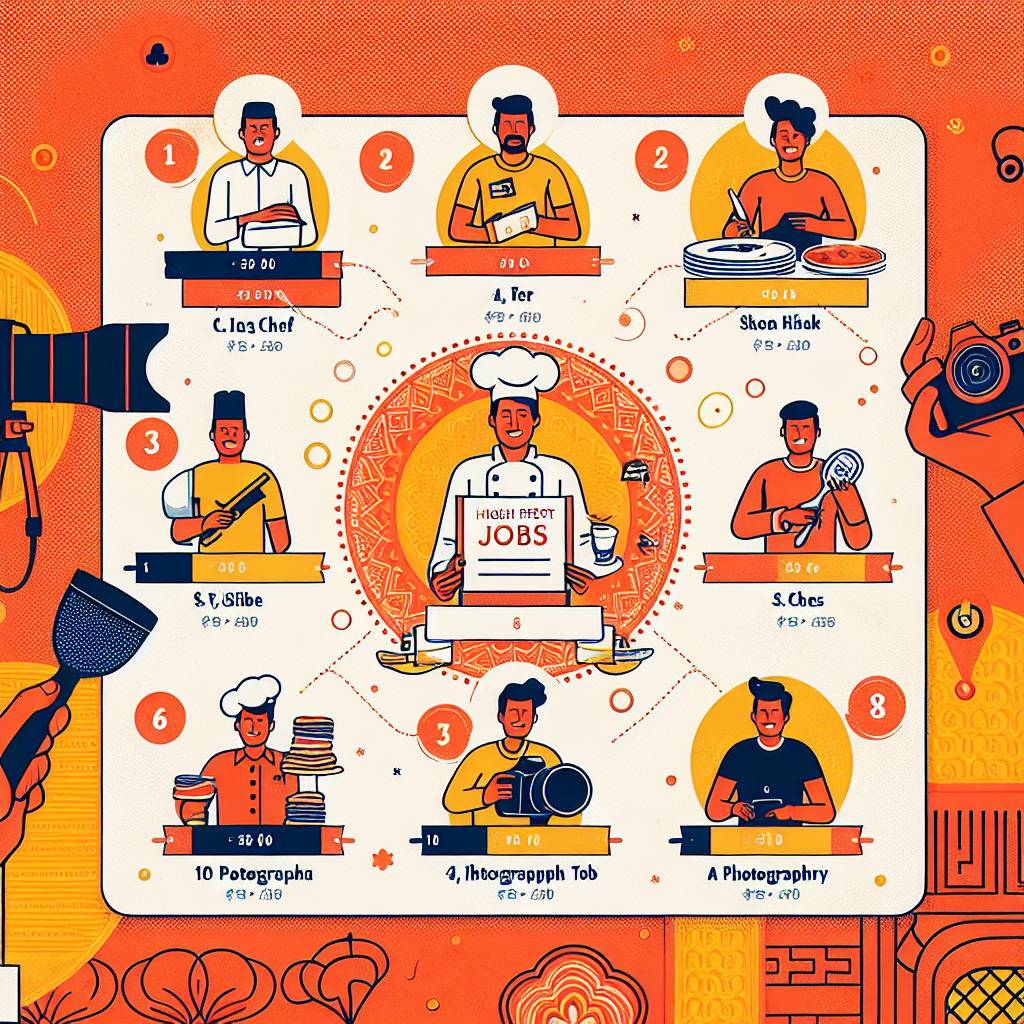Confused About Your Career? 7 Steps to Find the Right Path in 2025

Confused About Your Career? 7 Steps to Find the Right Path in 2025
In today’s rapidly evolving job market, finding the right career path can be a daunting task. With technological advancements and shifting industry demands, many individuals find themselves at a crossroads, unsure of which direction to take. If you’re feeling confused about your career, you’re not alone. This article outlines seven steps to help you navigate your career journey in 2025.
1. Self-Assessment: Know Yourself
The first step in finding the right career path is understanding your strengths, weaknesses, interests, and values. Conduct a thorough self-assessment to identify what truly matters to you. Consider using tools like the Myers-Briggs Type Indicator or the Strong Interest Inventory to gain insights into your personality and preferences.
For example, a study by the Harvard Business Review found that individuals who align their careers with their personal values are more likely to experience job satisfaction and success. Take the time to reflect on what you enjoy doing and what you excel at.
2. Research Emerging Industries
As we move into 2025, certain industries are expected to grow significantly. According to the Bureau of Labor Statistics, fields such as renewable energy, healthcare, and technology are projected to see substantial job growth. Research these industries to understand the opportunities they offer and how they align with your skills and interests.
- Renewable Energy: With the global push towards sustainability, careers in solar and wind energy are on the rise.
- Healthcare: An aging population is driving demand for healthcare professionals, from nurses to medical technicians.
- Technology: The tech industry continues to expand, with roles in AI, cybersecurity, and data analysis in high demand.
3. Network and Seek Mentorship
Networking is a powerful tool in career exploration. Connect with professionals in fields of interest through platforms like LinkedIn or industry-specific events. Seek mentorship from experienced individuals who can provide guidance and insights into potential career paths.
Consider joining professional organizations or attending conferences to expand your network. A mentor can offer valuable advice and help you navigate the complexities of career decisions.
4. Gain Relevant Experience
Practical experience is crucial in determining if a career path is right for you. Look for internships, part-time jobs, or volunteer opportunities in your areas of interest. This hands-on experience will not only enhance your resume but also provide a clearer picture of what a particular career entails.
For instance, a case study from the National Association of Colleges and Employers found that students who completed internships were more likely to receive job offers upon graduation compared to those who did not.
5. Set Clear Goals
Once you have a better understanding of your interests and the job market, set clear, achievable career goals. Define both short-term and long-term objectives, and create a roadmap to reach them. This will provide direction and motivation as you navigate your career path.
Use the SMART criteria (Specific, Measurable, Achievable, Relevant, Time-bound) to ensure your goals are well-defined and attainable.
6. Embrace Lifelong Learning
In 2025, the ability to adapt and learn new skills will be more important than ever. Embrace lifelong learning by taking courses, attending workshops, or pursuing certifications relevant to your desired career. Platforms like Coursera, Udemy, and LinkedIn Learning offer a wide range of online courses to help you stay competitive.
According to a report by the World Economic Forum, 50% of all employees will need reskilling by 2025 as the adoption of technology increases. Staying updated with industry trends and skills will enhance your employability.
7. Be Open to Change
Finally, be open to change and new opportunities. The career landscape is constantly evolving, and flexibility is key. Don’t be afraid to pivot if you discover a new passion or if your current path no longer aligns with your goals.
Remember, career success is not a linear journey. Embrace the twists and turns, and view each experience as a learning opportunity.
Conclusion
Finding the right career path in 2025 requires a combination of self-awareness, research, networking, and adaptability. By following these seven steps, you can navigate the complexities of the modern job market and find a fulfilling career that aligns with your passions and skills. Remember, the journey to career satisfaction is unique for everyone, so take the time to explore and discover what truly makes you happy.






Responses